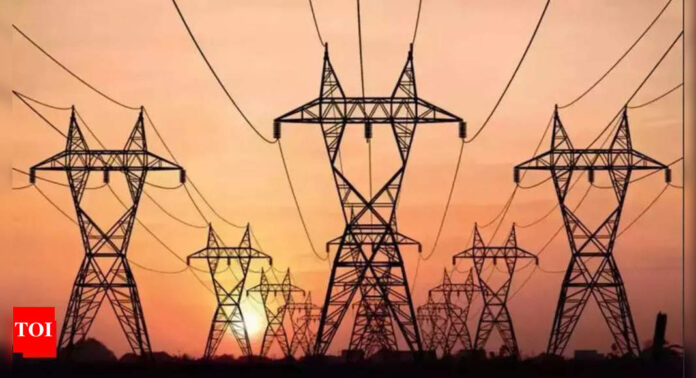Visakhapatnam: Andhra Pradesh is implementing the “Perform, Achieve, and Trade” (PAT) scheme in 59 major industries to enhance energy efficiency. Launched by the Bureau of Energy Efficiency (BEE) under the Union Ministry of Power, the PAT scheme has shown remarkable results. In its first cycle, Andhra Pradesh achieved energy savings of 8.67 million tonnes of oil equivalent (MTOE) and avoided 31 million tonnes of CO2 emissions. The second cycle saw even greater savings—14.08 MTOE, avoiding 68 million tonnes of CO2 emissions.
Industries in Andhra Pradesh continue to benefit from the PAT scheme in its third cycle by implementing energy efficiency measures, leading to reduced energy intensity, lower production costs, and increased productivity. These results were showcased by G. Sreenivasulu, Deputy Executive Engineer at the Andhra Pradesh State Energy Conservation Mission, during a workshop hosted by Energy Efficiency Services Limited (EESL), in collaboration with BEE and the Confederation of Indian Industry (CII). Since 2015, the scheme has successfully reduced over 106 million tonnes of CO2 emissions.
The workshop is part of the national initiative ‘Creating and Sustaining Markets for Energy Efficiency,’ under the Global Environment Facility (GEF-6) cycle. This project, initiated in 2018, is implemented by the United Nations Environment Programme and the Asian Development Bank, with EESL as the executing agency and the International Institute for Energy Conservation as the co-executing agency. The project aims to deploy advanced energy-efficient technologies to reduce greenhouse gas emissions.
Shyam Sunder, Director at BEE, highlighted BEE’s mission to guide industries towards energy efficiency and climate change mitigation, stressing the importance of adopting advanced technologies despite perceived risks. Ravichandran Purushothaman, Chairman of Energy Efficiency, and Venkatagiri, Executive Director of CII, also emphasized the critical role of industries in embracing new technologies.
Animesh Mishra, Chief General Manager and Head of Sales and CCPR at EESL, underscored the cost-effectiveness of energy efficiency, detailing EESL’s initiatives that have delivered significant climate and financial benefits. Girja Shankar, General Manager (Technical) at EESL, discussed the company’s portfolio of 11 energy-efficient technologies, nine of which have been validated for industrial use. These technologies, such as waste heat recovery systems (WHRS), IE4 motors, and heat pumps, have significantly improved energy performance across various industries.

